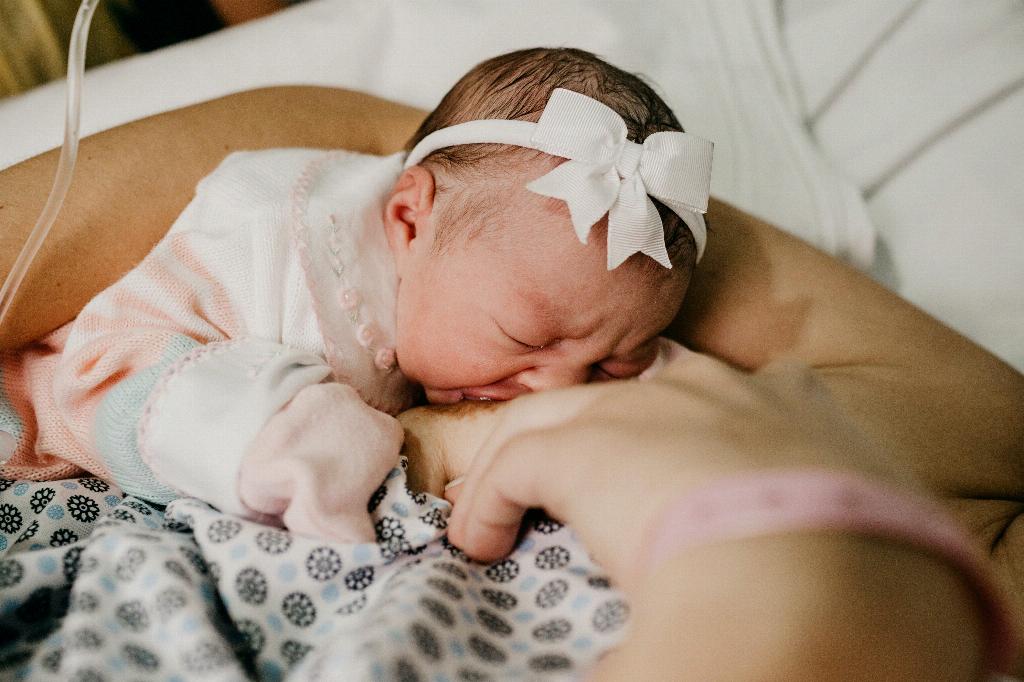One of the common questions that often arise among breastfeeding mothers is whether it is safe to take Benadryl while nursing. This is a valid concern as the health and well-being of both the mother and the baby are of paramount importance. Let’s delve deeper into this topic to gain a better understanding of the potential risks and considerations.
Understanding Benadryl and its Effects
Benadryl, also known by its generic name diphenhydramine, is an antihistamine commonly used to alleviate symptoms of allergies, such as sneezing, runny nose, itching, and watery eyes. It works by blocking the effects of histamine, a substance produced by the body during an allergic reaction.
Considerations for Breastfeeding Mothers
While Benadryl is generally considered safe for most adults when taken as directed, its safety during breastfeeding is a matter of concern. When a nursing mother takes Benadryl, the medication can pass into the breast milk and potentially affect the infant.
Alternative Options for Allergy Relief
Healthcare providers often recommend that breastfeeding mothers avoid taking Benadryl and explore alternative options for managing their allergy symptoms. Some alternatives include Claritin, saline nasal sprays, and eye drops, which are considered safer choices for nursing mothers.
Consulting with Healthcare Providers
If you are a breastfeeding mother seeking relief from allergies, it is crucial to consult with your healthcare provider before taking any medication, including Benadryl. Your healthcare provider can provide personalized recommendations based on your medical history and the specific needs of you and your baby.
Assessing the Risks and Benefits
When considering whether to take Benadryl while breastfeeding, it is essential to weigh the potential risks and benefits. While Benadryl may provide temporary relief from allergy symptoms, its effects on the infant should be carefully assessed to ensure the safety of both mother and child.
Monitoring for Adverse Reactions
If you decide to take Benadryl while breastfeeding, it is important to closely monitor yourself and your baby for any adverse reactions. Watch for signs of drowsiness, fussiness, or changes in your baby’s feeding patterns, and seek immediate medical attention if any concerning symptoms occur.
Timing and Dosage Considerations
If your healthcare provider determines that taking Benadryl is necessary while breastfeeding, it is essential to follow their guidance regarding the timing and dosage of the medication. Taking the appropriate dose at the right time can help minimize the potential risks to your baby.
Educating Yourself on Medication Safety
As a breastfeeding mother, it is crucial to educate yourself on medication safety and understand the potential impact of various medications on your baby. Being informed about the risks and benefits can empower you to make informed decisions regarding your health and the well-being of your child.
Seeking Support and Guidance
If you have concerns or questions about taking Benadryl while breastfeeding, do not hesitate to reach out to your healthcare provider or a lactation consultant for support and guidance. They can provide you with the information and resources needed to make the best decisions for you and your baby.
Conclusion
In conclusion, while Benadryl may offer relief from allergy symptoms, its safety during breastfeeding is a topic that requires careful consideration. Consulting with healthcare providers, exploring alternative options, and prioritizing the well-being of both mother and baby are essential steps in making informed decisions regarding medication use while nursing.

